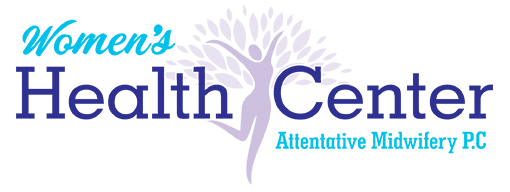The BRCA gene test is a blood test that uses DNA analysis to identify harmful changes (mutations) in either one of the two breast cancer susceptibility genes — BRCA1 and BRCA2.
Women who have inherited mutations in these genes are at an increased risk of developing breast cancer and ovarian cancer compared with the general population.
The BRCA gene test is offered only to people who are likely to have an inherited mutation based on personal or family history, or who have a specific type of breast cancer. The BRCA gene test isn’t routinely performed on women at average risk of breast and ovarian cancers.
You might be at increased risk of having a BRCA gene mutation — and a candidate for BRCA gene testing — if you have:
- A personal history of breast cancer diagnosed at a young age (premenopausal or young than age 50)
- A personal history of triple negative breast cancer diagnosed at age 60 or younger
- A personal history of breast cancer affecting both breasts (bilateral breast cancer)
- A personal history of both breast and ovarian cancers
- A personal history of ovarian cancer
- A personal history of breast cancer and one or more relatives with breast cancer diagnosed at age 50 or younger, one relative with ovarian cancer, or two or more relatives with breast or pancreatic cancer
- A history of breast cancer at a young age in two or more close relatives, such as your parents, siblings or children
- A male relative with breast cancer
- A family member who has both breast and ovarian cancers
- A family member with bilateral breast cancer
- A relative with ovarian cancer
- A relative with a known BRCA1 or BRCA2 mutation
- Ashkenazi (Eastern European) Jewish ancestry, with a close relative who has breast, ovarian or pancreatic cancer at any age

